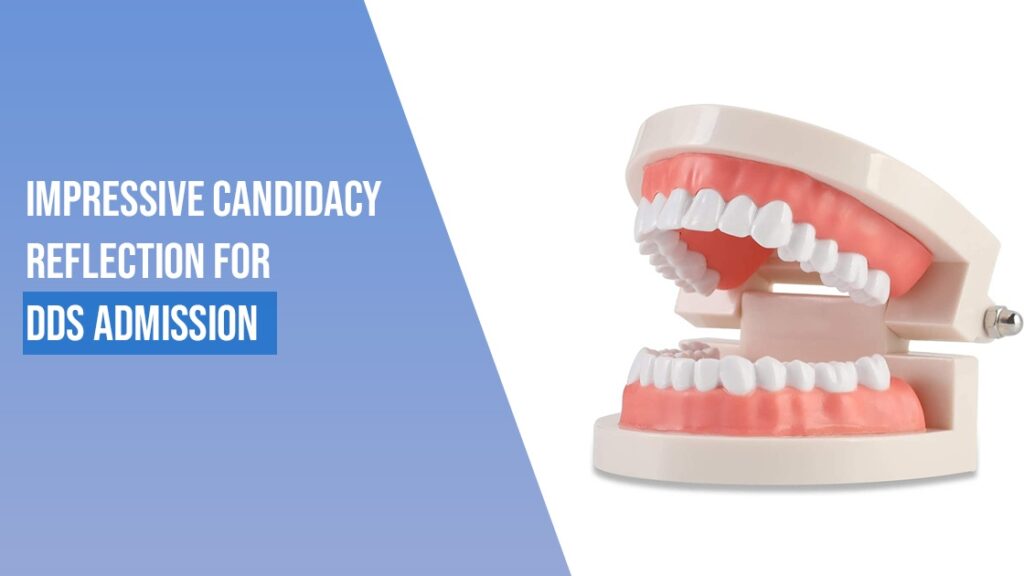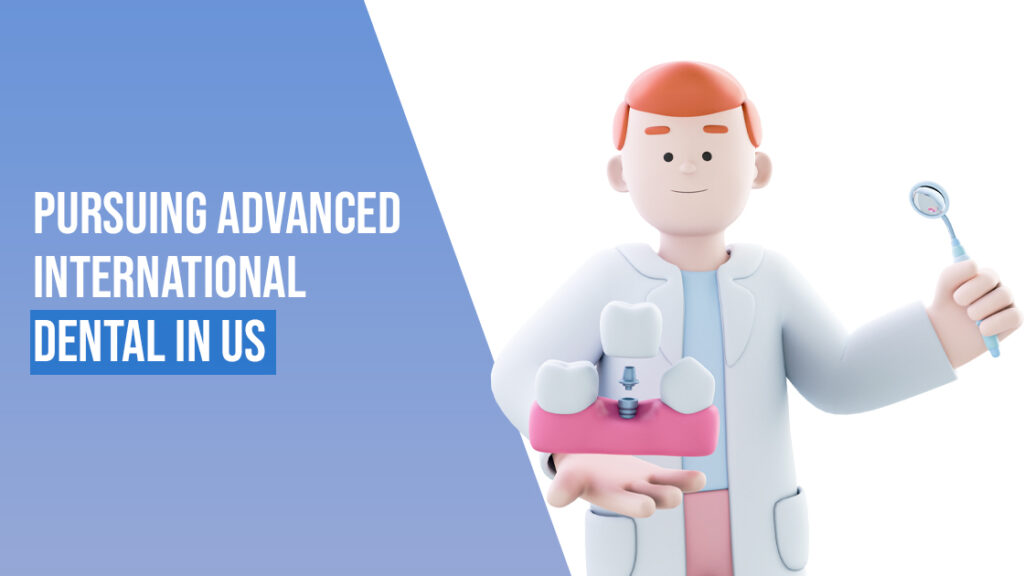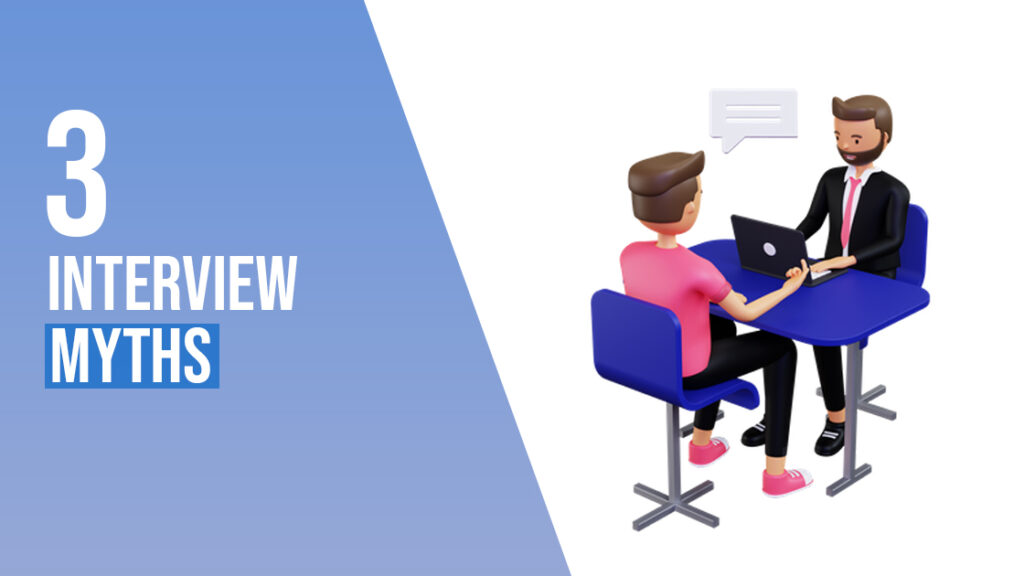INTRODUCTION
Unveiling the Dental School Interview Enigma.
Dental school interviews are the final frontier for applicants, yet navigating this seemingly complex landscape can feel like walking through a maze blindfolded. We are here to help – this is your guide, your decoder ring to the ambiguous world of dental school interviews. Landing a spot in dental school is a rigorous process, and the interview is crucial. But with a multitude of interview formats, it can be overwhelming to know what to expect. This comprehensive guide aims to demystify and break down all the various types of dental school interviews, explain their meanings, and render insights into what schools are looking for and how to excel in each format. In doing so, equip you with the requisite tools to conquer them all!
Think of yourself as a well-honed dental instrument ready to make a positive impact. By understanding and mastering the dental school interview process with this guide, we hope that you will be perfectly equipped to shine in your dental school interview and confidently commence your journey to becoming a skilled and empathetic dentist!
KEY SKILLS TO ACE YOUR DENTAL SCHOOL INTERVIEW
Imagine being asked- ‘If you were a tree, what kind of tree would you be and why?” Seems offbeat, right? But this is quite a common path a dental school interviewer may take, in adopting a whimsical question not to assess your botanical knowledge but rather a multitude of aspects of your personality a few of which may be
- Self-awareness: Your insight into your personality, strengths, and values you have to offer. For example, when asked the “tree question”, you could say-, “I’d be a Banyan tree, known for its expansive branches that provide shelter for others. This reflects my desire to support and collaborate with my colleagues in the future.” (Highlights self-awareness, empathy, and teamwork)
- Creativity/critical thinking: Your ability to stray from the many a walked path and think outside the box to render a unique response to the question;
- Communication skills: How effectively you can articulate your ideas.
Aside from these unconventional questions, dental schools seek far more than bookish knowledge and clinical skills. They are looking for applicants who possess a unique amalgamation of qualities that will mold them into empathetic healthcare providers and successful dentists. Some of these qualities include-
- Critical Thinking: Analyzing information, evaluating arguments, and drawing sound conclusions;
- Empathy: Sensitivity to others’ feelings is a pertinent quality in a dentist;
- Leadership: The ability to influence, inspire, and guide others toward achieving a common goal;
- Time management and Problem-Solving: Navigating the demanding schedules a dentist may encounter to complete one’s tasks effectively.
- Confidence: Let’s face it, all of us have had those interviews where one question stumps us and we freeze. However, it is crucial to have faith in your acumen, accept that you may not know all the answers, and quickly bounce back from a wrong or bad answer to the next one, without letting it overwhelm you.
Group Interviews
Additionally, a nascent but prevalent practice we are seeing in schools such as NYU and UMN, is a group interview some Dental schools conduct. This is predominantly to assess your communication skills within a group. They are on the lookout to ascertain whether, as an individual in a group setting, you can actively listen to what others are saying, while also being able to out across your viewpoint respectfully and cohesively work together with others. Acing this tells them that you are ready to communicate with staff, colleagues and dentists in the future.
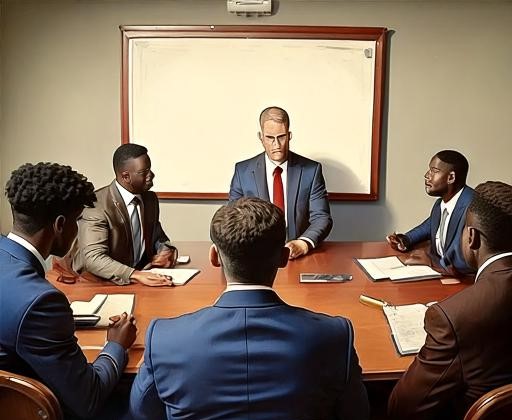
TYPES OF DENTAL SCHOOL INTERVIEWS
Dental schools employ a variety of interview formats to ascertain and recognize an applicant’s suitability for their program(s). Understanding these types can help you prepare well and increase your chances of success. Let us break it down for you into the following categories to differentiate the types of interviews.
a) Based on awareness of your profile:
Sl.No. | CATEGORY | OPEN FILE INTERVIEWS (OFI) | CLOSED FILE INTERVIEWS (CFI) |
What is it? | Open access to your application materials: Personal Statement, CV, Letters of Recommendation, and your transcripts. | Limited to no access to your application materials, documents and transcripts. | |
Purpose | Tailor questions to your specific profile and background to assess your fit with the program. | To assess your communication skills and ability to highlight key aspects of your journey- without relying on your application documents. | |
Example | You could be asked a question like- “In your personal statement, you mentioned volunteering at local dental clinic. Tell us more about that experience” | A CFI may have questions like- “What is something you find very challenging about volunteering?”, or, “Tell us about your most significant challenge and how you overcame it” | |
Tips | Read your application documents thoroughly so that you can discuss it in detail and draw focus to relevant skills and exeprieinces. | Since the interviewer cannot access substantial material validating your answers, provide specific examples to support your answers. For example, if you want to talk about your ability to stay calm in stressful situations, give the interviewer a case example of how you did that. This will make your answer sound more authentic and personal. |
b) Based on the number of interviewers/interviewees involved:
Sl.NO | CATEGORY | GROUP INTERVIEW (GI) | PANEL INTERVIEW (PI) | MULTIPLE MINI INTERVIEW (MMI) |
What is it? | In a GI, you will be interviewed alongside other applicants in a group setting- multiple candidates in a single group with a panel of experts interviewing only you. | In a PI, you will e interviewed by a panel/group of interviewers that often include faculty, alumni, and current students of the school. | MMIs are a series of short, timed stations, each posing a different scenario or question. | |
Purpose | To assess your communication, leadership and teamwork skills. | Aside from your communication and general interview skills, a PI seeks to see if you are a fit for their school in particular. They will look for your knowledge about their program and your skills that align with the school. | To assess your communication skills, problem-solving, critical thinking and ethical decision making skills. | |
Example | You will be given a topic to discuss as and with a group, like a group discussion about a controversial topic in the field or practice of dentistry. | Their questions will revolve around school-specific questions, such as “Why did you choose this dental school over the others?”, or, “What aspects of our program align with you?” | You may be presented with a hypothetical practical case-based scenario where you are presented with a patient who has a complex dental issue, and you are asked to prioritize and plan his/her treatment options in the best way possible. | |
Tips | Be mindful and respectful towards others and their opinions, participate actively and demonstrate your ability to voice your opinion and cohesively collaborate. | Listen attentively, make eye contact with all the members of the panel equally, and answer with a specific focus on the school you are interviewing with. | Practise time management, staying composed and thinking critically. Focus on staying adaptable to different scenarios as the questions may require you to. |
c) Problem-Based Learning
What is it?
PBL (Problem-Based Learning) is a teaching-learning method centered around solving real-world problems. Schools like the University of Southern California (USC) incorporate this interview to assess applicants’ ability to implement knowledge and skills to complex dental scenarios. It helps them assess how you are able to translate academic acumen into thinking on your feet practically.
USC’s curriculum is also a PBL learning method. Hence PBL interviews are conducted at the outset, to assess if you would fit into their ideology. Everyday lessons at USC are fashioned in this manner.
PBL- A Hands-On Approach:
Format: Applicants are presented with a real-world dental problem and are asked to work in groups to analyze, solve, and present their findings/solutions.
Purpose: To assess your teamwork, and collaboration skills along with, communication, problem-solving, and critical thinking skills.
d) Others:
Beyond the abovementioned interview formats, another one is- Stress Interviews.
- What is it?
Stress Interviews, as the name suggests, are designed to assess your ability to handle stress/pressure and remain composed under difficult and challenging circumstances. This could, to some, be a challenging aspect of the dental school application process, however, with preparation you can navigate and ace them.
- Purpose:
- To simulate real-world scenarios where you might encounter adversity and stressful situations.
- This test assesses your ability to stay calm and think critically when faced with an emergency or under pressure.
- To evaluate your resilience and adaptability.
- Examples
A few examples of questions that you may be posed within a Stress Interview-
- “What is your greatest weakness?”
- “Describe a situation in which you argued with a superior.”
- “Did you encounter an emergency case where you were in charge, tell us more”
- Tips
- Stay composed
- Use positive language focusing on your strengths
- Practice handling unexpected questions
CORE COMPETENCIES
(Source: https://www.caspertest.com/master-10-diffferent-people-skills/ )
Assessing Your Core Competencies: A Guide to CAAPID Interviews
S.NO | COMPETENCY | SKILLS REQUIRED | QUALITIES TO SHOWCASE |
Empathy | Sensitivity, understanding others’ feelings | Genuine concern for others | |
Communication | Active listening, expressing ideas clearly | Clear articulation and adaptability | |
Problem-Solving | Identify challenges and address them | Confidence, conviction, and posing effective solutions to combat problems | |
Ethical Reasoning | Making morally sound judgments | Integrity, honesty, commitment to ethical practice | |
Cultural Awareness and Equity | Understanding and appreciating other cultures than yours. Treating everyone with respect | Inclusive, open-minded, curious, respectful | |
Teamwork | Effective collaboration | Working with a team, conflict resolution, voicing ideas and opinions | |
Resilience | Bouncing back from failures/setbacks | Perseverance, optimistic outlook | |
Self-Awareness | Recognizing and understanding one’s own strengths and weaknesses | Introspection, humility to acknowledge weaknesses, willingness to improve | |
Motivation | Possessing a strong desire and drive to achieve one’s goals | Deep desire, commitment, goal-oriented nature | |
Time Management | Effectively managing one’s resources and time | Organization, prioritization, efficiency |
CUES
Verbal Cues
What are verbal cues? What are the words that you use and how do you say them? They include:
- Speed– Avoid speaking too slowly or too quickly. Ensure you maintain a moderate pace that allows the interviewer to understand your answers and responses clearly.
- Intonation– Incorporate a natural and varied intonation to convey emotions like interest, enthusiasm and confidence. Avoid speaking in a monotone devoid of any changes in your intonation- doing this could make you appear bored or disinterested.
- Volume– Respond in a volume that is easily audible to the interviewer and is not too soft or too loud.
- Enunciation—Always pronounce words emphatically and clearly, especially the ends of the words. Do not swallow half the word since that would make it difficult for the interviewer to comprehend you.
- Positive vocabulary—Use words that convey a positive outlook and attitude. Even with weaknesses or seemingly negative instances, implement a positive spin on them to sound positive. Focus on qualities like hard work and resilience to showcase a positive outlook when discussing failures.
For example:
Instead of saying- “I do not know how to say no,” – Say: “I am still learning to set boundaries.”
Instead of saying- “I do not like patients who are late.” ” say- “I find patients who do not value time a little challenging to work with.”
Non-verbal/Behavioral Cues
What are non-verbal cues- these include your body language and other actions that communicate information without having to use words, such as:
- Fidgeting: Avoid fidgeting or other distracting behaviors like shaking your legs. Doing this can make you appear nervous or uncomfortable.
- Twirling with hair: This can be seen as a sign of anxiety or boredom. Try to avoid it.
- Eye contact: Maintaining eye contact with your interviewer would make him/her feel engaged and interested in your communication with them. Hence, always try to maintain eye contact rather than looking down or away.
- Posture- Maintain a comfortable yet upright posture, avoid slouching or folding your hands tightly as this may make you appear closed off and uncomfortable.
- Facial expressions– Try and maintain a neutral, pleased expression without letting any worry or discomfort show on your face.
- Smiling– A gentle, subtle smile will help you appear affable, friendly, and welcoming to the interviewer.
- Nodding– Nodding will let the interviewer know you are listening to them and engaged in the conversation.
- Hand gestures– You can use small hand gestures to make conversation, emphasize your points, and illustrate ideas.
- Dress presentable – Smart casuals, jackets, footwear, light makeup minimal jewelry, etc.
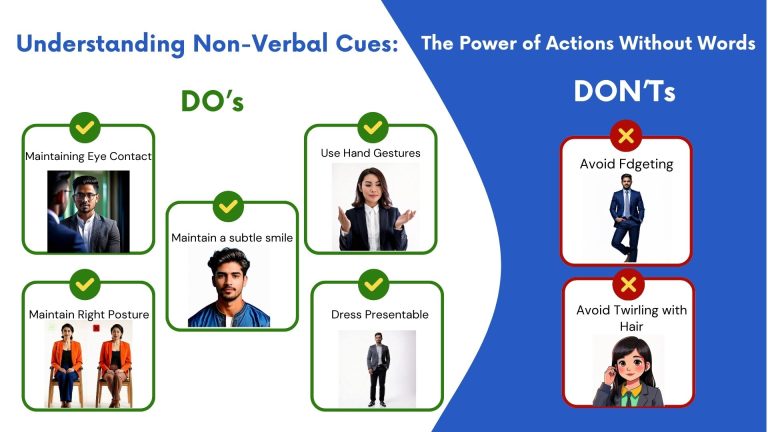
CONCLUSION
Imagine dental school interviews like a treasure hunt of sorts. You have your map (application documents), and your clues (Interview format), but you need to navigate mazes like your stress interviews and decipher complex riddles (unconventional, whimsical questions) to reach the ultimate prize (your dental school acceptance letter!).
We hope this blog has served as your ultimate decoder ring, helping you unravel the secrets of each type of interview and showcase your strengths like a sparkling gem.

Additional Blogs you can refer to:
The Ultimate Guide for US Dental Interview Questions
Critical Thinking Questions Framework for CAAPID Interview
DDS Interviews : Critical Thinking Questions in ADEA
..and many more.
